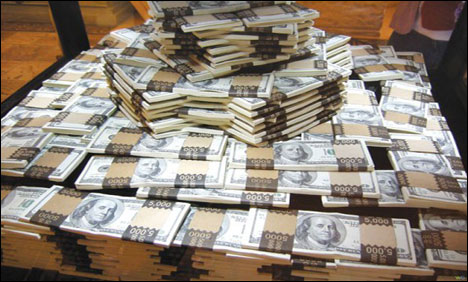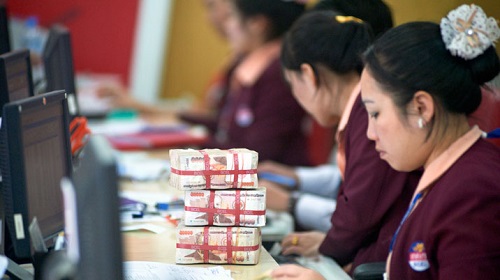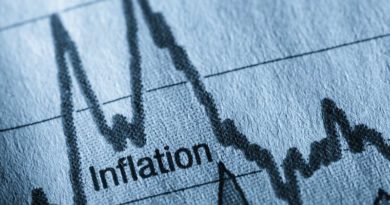Central Bank Builds Up Foreign Reserves
The Bank of the Lao PDR has built up a strong foreign reserve as part of efforts to secure the supply of international currencies for importers, according to a senior bank official.
Speaking at a meeting of the government and business leaders in Vientiane on Monday, the central bank governor, Mr Somphao Phaysith said the bank had been able to increase its foreign reserves to meet the demand of imports.
“The current foreign reserve is now able to secure imports for about six to seven months,” he told the meeting, which was presided over by Prime Minister Thongsing Thammavong.
A number of senior government officials and business representatives also attended the meeting at the National Convention Centre in Vientiane.
Mr Somphao made the announcement amid worries that Laos would face difficulties keeping the currency exchange rate stable after the World Bank reported recently that Laos was facing a historical low foreign reserve, one of the main conditions to secure the supply of foreign currencies for the market and keep the exchange rate stable.
According to a recent World Bank report, Laos had foreign reserves which could secure the import of goods for only 1.3 months, the lowest in a decade.
Mr Somphao admitted that the central bank struggled to secure a supply of foreign currencies last year, one of the main causes in the differences between official and market exchange rates.
At the end of 2013, a number of commercial banks in Laos were unable to allow their customers to exchange more than 2,000 worth of Thai baht at exchange units, causing panic among people who needed the currency to do business with Thai customers.
The central bank announced in December that it would not release foreign currency loans to companies which do not generate foreign currency, as part of efforts to build up the foreign reserve.
Economists said it was good news the central bank had stronger foreign reserves, which could secure the import of goods for more than six months, adding that the higher foreign reserve level would help to stabilise the Lao exchange rate, one of the main conditions which helps businesses and promotes investor confidence in the country.
They said that exchange rate stability played a significant role to keep the macro economy stable and create a sound business environment in the country. They also said it would make it easier for business people to keep business and investment plans on track.
If the Lao kip devalues, it will have a negative impact on business confidence in the Lao currency, they said.
In 1997, the value of the Lao kip saw a huge drop against the Thai baht and US dollar, causing people to lose confidence in depositing and saving money in kip.
If the value of the Lao kip value is too strong, it causes difficulties for exporters to compete with foreign rivals as the cost of the goods produced will be high compared to other countries.
Source: Vientiane Times




